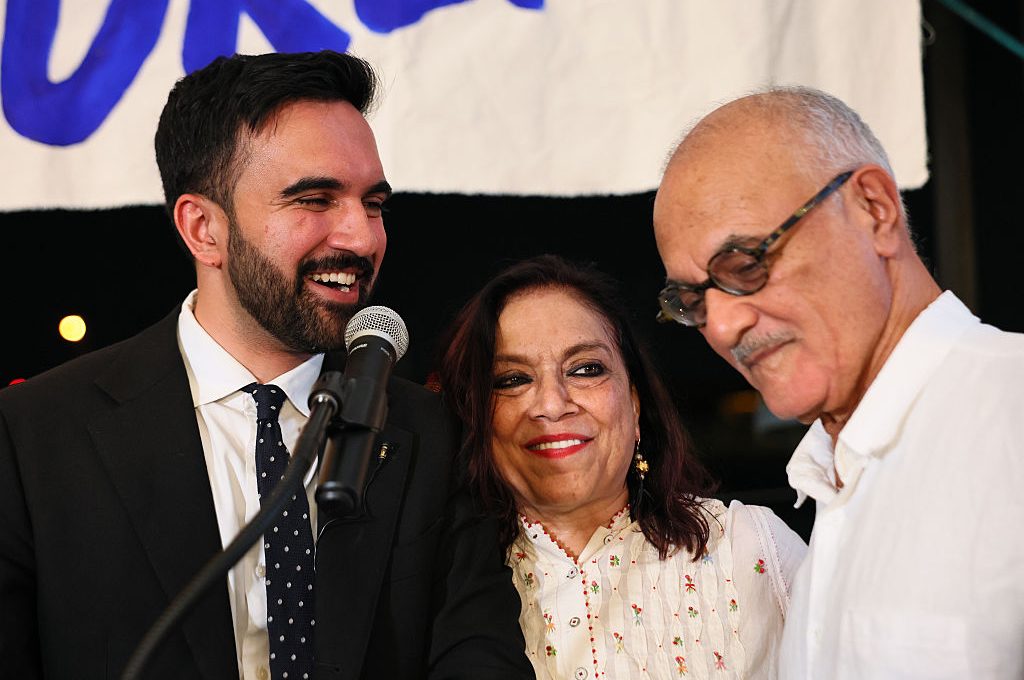The late-night talk show has been a staple of American television for three quarters of century. It is a tried and tested formula that works beautifully… until it doesn’t — as Jimmy Fallon learned this week when Rolling Stone published the feature “Chaos, Comedy, and ‘Crying Rooms’: Inside Jimmy Fallon’s ‘Tonight Show’.”
There are millions of people who would sell their souls to make it Hollywood — and the competitiveness and desperation has been exploited time and time again by those at the top. But unlike many of the abusive tales that have been told over the past decade, the accusations against Fallon are watery at best.
In fact, the piece has bears all the hallmarks of a classic hit job. The magazine reached out to fifty current and former employees, fourteen of whom agreed to talk. The allegations contain all the buzzwords and phrases favored by disgruntled millennials such as “mental health” and “toxic work environment.” But in contrast to the accounts of predatory, abusive big cats in the industry that usually fill articles of this tenor, the claims vary from stating the obvious — “it’s common knowledge that there are “good Jimmy days” and “bad Jimmy days”… that is not some shocking exposé, it is human nature — to the farcical. One employee experienced “physical ramifications” of declining health which manifested as “weakened nail beds.”
Another complained Fallon “would send combative emails if dissatisfied with their work” which anyone who has ever had a job in any industry ever will tell you is pretty normal from their boss. One employee said it was “commonplace to hear people joking about “wanting to kill themselves.” Find me a workplace where some doomer millennial hasn’t made that joke. It may not be all that funny or original as a line, but that says more about the state of comedy than it does about working for Fallon specifically. These people are meant to be some of the finest comedic writers in Hollywood? Really?
In an attempt to present the impression of a fair hearing, the article notes that “While many… praised Fallon… not a single one agreed to speak on the record… they wouldn’t give statements of support, as is common in the entertainment.” But those with positive things to say about Fallon would have been well aware of the PR nightmare the piece would generate — far wiser to keep schtum and avoid the drama.
Getting a writing gig on The Late Show is a golden ticket for many writers in Hollywood. It has served as the launch pad of many great (and extremely wealthy) comedians — but it’s a high pressure gig with breakneck schedules and a desperately competitive atmosphere. Fallon, whose name is on the door, would know how important it is to deliver when he’s being paid $16 million a year. Before James Corden’s The Late Late Show wrapped last year it was reportedly losing CBS up to $20 million a year.
There is a reason people are so outraged when a star is revealed to be anything other than a constant ray of sunshine — and it’s not just because people love to be outraged. Ellen DeGeneres built her $380 million brand on the motto “be kind,” a motto she projected but did not live by. James Corden’s shtick before falling from grace over an omelet was that he was just an average, extremely funny British bloke. Successful talk shows are built on an affable, down-to-earth convivial atmosphere. When this is revealed to be a facade, the audience feels betrayed. Mariah Carey is expected to complain about the sorry state of an omelet; the guy next door who you’d like to go for a beer with isn’t.
Fallon has, unsurprisingly, already apologized to his striking workers over Zoom. The irony of the Rolling Stone article is that it feels like a witch hunt — it has an air of bullying, picking out a target and extensively searching to find evidence to support a created negative storyline. Isn’t that the very thing we’re supposed to be decrying?

























